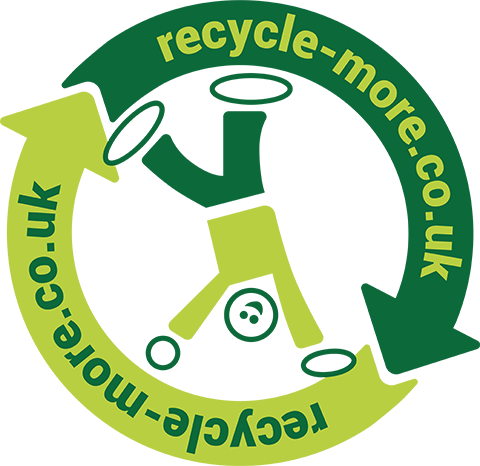Medical Waste
The safe disposal of medical waste
When it comes to disposing of medical waste, it's essential to do so safely and responsibly. Here's some helpful tips to help you decide what action to take:
Medicines: Discard of medicines safely by following your doctor's or the manufacturer's instructions. Many pharmacies also take back unused or expired medications.
Needles and syringes: Handle needles and syringes with care. Place them in special sharps containers, to prevent any accidental injury or contamination. GP practices should offer these on prescription to then return to the dispensing pharmacy, once full. Local authorities may also provide collection services or drop off points for safe disposal of sharps containers. Never put loose needles or syringes in your household bin collections or any other material collection points.
Glass and plastic bottles: Bottles that have contained medicines, such as antibiotics and cough syrup, can usually be recycled once they are empty. Clean and check with you local authority before placing in you household recycling bins.
Other medical waste: In addition to needles and syringes, other common medical waste includes:
- Used, unwanted or broken medical devices like blood glucose meters, inhalers, and nebulisers
If you have these unused medical items, contact the manufacturer or your local healthcare provider, to see if they are able to be taken back or eligible for recycling.
- Personal protective equipment (PPE) such as gloves and facemasks
Facemasks, plastic gloves and any sort of PPE, can't be recycled and they will need to be thrown in you household waste bins. To reduce your waste, you could buy useable facemasks or even make your own.
Advice for handling medical waste:
- Always protect yourself by using PPE when handling medical waste
- Do not flush medications or medical supplies down the toilet or sink
- If you find medical waste in a public area, do not attempt to handle it with bare hands. Instead, notify local authorities or a professional waste disposal service
Emergency Situations: If you encounter a syringe or needle in a public place, use caution. Contact your local health department or waste management authority for guidance and a professional waste disposal service..
Remember: Proper disposal of medical waste helps protect the environment and prevents injuries or infections.
For more information on medical waste disposal in your area, contact your local health department or visit their website.






